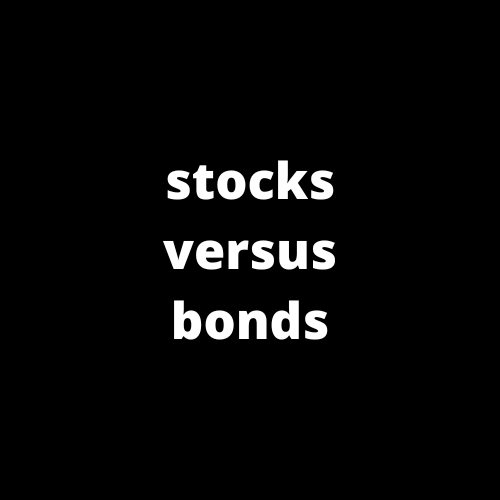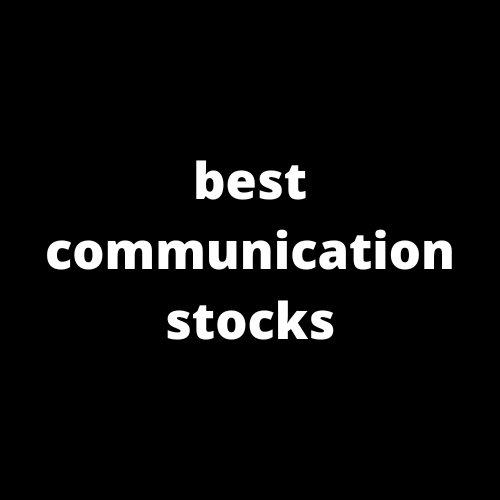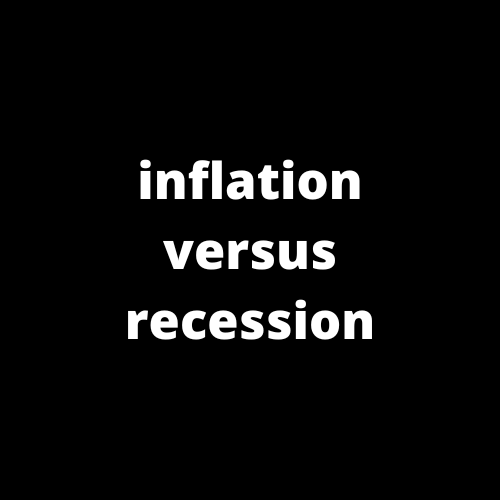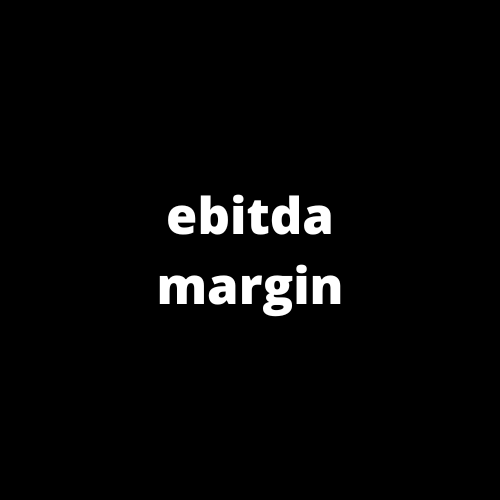
Stocks vs. Bonds: What's the Difference?
Understand the difference between stocks and bonds before investing your money. Get educated on the pros, cons, and differences of each here.
Introduction
Whether you're investing for retirement or just using your money to buy a house, it's important to understand the differences between stocks and bonds. Stocks are risky investments that can be worth much more than their purchase price, but they can also lose value quickly. Bonds are less risky and pay out a fixed amount of interest over time. While some investors balance portfolios by combining stocks and bonds, others choose to stick with one or the other type of investment.
Stocks can be worth much more than the purchase price, and that's where the investor makes their money.
Stocks are essentially pieces of ownership in a company. When you own stock in a company, you own part of it—you get a share of its profits as well as its losses (and since there are no guarantees that any investment will do better than another over time, sometimes your shares will lose value). You also get voting rights so that if there's ever an issue with the way management operates (like whether or not to sell off one division for cash), shareholders can vote on what happens next.
Generally speaking though, when people say "stock," they're talking about publicly traded companies like Apple and Amazon or any of today's Dow Jones Industrials; these stocks have been available for all kinds of investors since 1929! But not all businesses go public—some stay private and don't offer shares at all; these companies are called private corporations (or just corporations). They're still businesses but because they don't offer shares directly to investors through exchanges like NASDAQ or NYSE Arca Exchange (formerly known simply as AMEX), owning stock means buying it from someone who already does own some instead!
Bonds are much less risky than stocks, and bond investments are made with the aim of getting their original investment back.
Bonds are debt securities issued by corporations or governments that pay investors interest over time—but unlike stocks, you don't own a piece of the business when you own a bond. Rather than betting on companies' growth potential (or lack thereof), investors buy bonds with the goal of getting their original investment back at maturity—plus any interest they've earned along the way.
Bonds are generally considered safer than stocks, because if the issuer of the bond goes bankrupt, you’re only out the amount of principal you invested. But unlike stocks, bonds don't pay dividends and have no direct impact on a company's operations.
Some investors balance a portfolio by including both stocks and bonds.
Some investors choose to invest in both stocks and bonds. They might be the same kind of asset, but they're very different investments with different risk profiles. For example, if you've invested all your money in one type of asset, it could make sense to diversify your portfolio so that it includes other assets—like stocks or bonds—that are less risky than that first type of asset.
Some people choose to invest only in stocks while others choose to invest only in bonds. Some even go so far as to split their portfolios between stocks and bonds. In general though, this isn't a good idea because it would mean you'd have no real control over how much risk there was in your portfolio; instead managers would control those risks based on what they thought made sense at any given time. It's better if you decide for yourself how much risk is appropriate for your situation!
Conclusion
Investing in stocks and bonds can be a great way to grow your money and build wealth. There are many different ways to invest, but the most important thing is to find an investment strategy that works for you!


